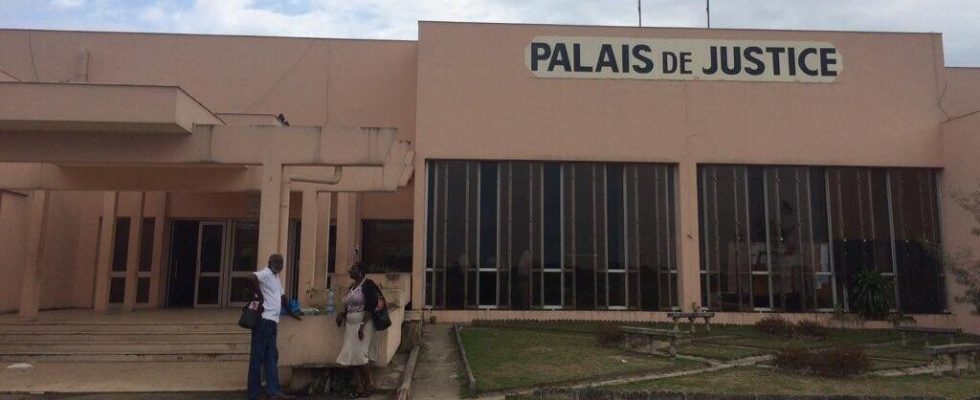In Gabon, magistrates return to work this Monday, October 2 after nine months of strike. They decided to suspend the movement for three months. Objective: to give the country’s new authorities a chance to examine their status, particularly their remuneration and working conditions, which are the source of the discontent. Explanations.
2 mins
With our correspondent in Libreville,Yves-Laurent Goma
At Gabon, resumption of hearings in the country’s courts on October 2, 2023 after nine months of magistrates’ strike. On September 29, at the end of a General Assembly, the magistrates unanimously decided to suspend their movement for three months.
The National Union of Magistrates of Gabon (Synamg), at the origin of this long strike, says it wants to grant a grace period to the transitional authorities called upon to promulgate the special status of magistrates, in particular the remuneration and working conditions at the origin of the strike.
“ Colleagues asked that we trust At new diet »
Germain Nguema Ella, president of Synamg, acquired the nickname “Monsieur Niet”. He and his union have always rejected calls to return to work. An audience last week with the president of the transition, Brice Clotaire Oligui Nguema, allowed the magistrates to put water in their wine.
Germain Nguema Ella explains: “ Normally, we knew the outgoing regime very well, and they did not benefit, like the new regime, from a little doubt. And colleagues asked that we trust them. And this confidence led to the suspension of the movement for three months. »
Read alsoGabon: the National Union of Magistrates maintains its strike despite “significant developments”
To end the strike, the magistrates demand the promulgation of their special statute: “ In this text, you have the working and living conditions, and in addition, the very organization of justice, because as you can imagine, Gabonese magistrates are the worst paid magistrates in the sub-region. »
The strike heavily penalized the litigants. Me Aimery Bhongo-Mavoungou, lawyer at the Libreville bar, also deplores this: “ This paralysis, beyond affecting the lawyers that we are, the litigants have suffered the most, because it is they who need justice. »
The magistrates apologize to users and promise to work tirelessly to resolve outstanding cases.
Read alsoGuest Africa – Paul-Marie Gondjout, Gabonese Minister of Justice: “Our political system must be fairer”
